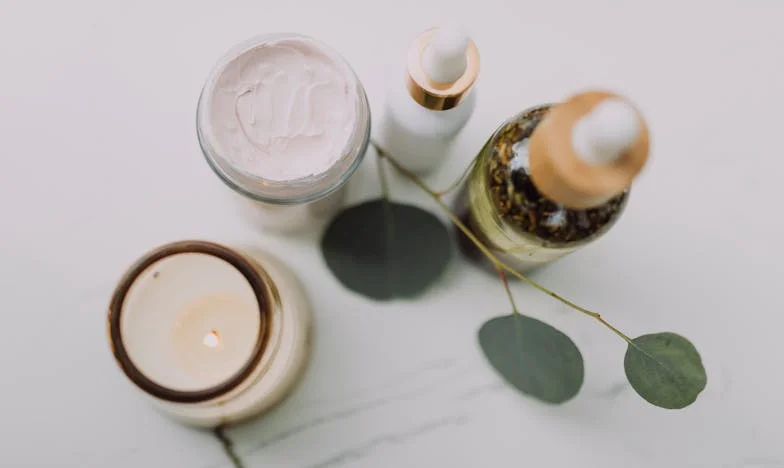Bitter Truth in Suburbia: The Silent Storm at Willow Creek
The ticking of the wall clock clawed at my nerves as I stared at the swirl of honey dissolving in my tea. The kitchen was bathed in the pale light of early morning, the kind that makes everything look softer than it really is. I scrolled through my phone, pretending to read emails, but my mind was elsewhere, wrapped around the uneasy feeling in my chest.
That’s when Alex came out of the bathroom, humming softly. He always hummed when he was hiding something—the same tune he’d used to bluff his way through our first argument, the same tune that echoed in the silent spaces between us lately.
“Morning, Sarah,” he said, dropping a kiss on my head. His lips were warm, but the chill in his voice lingered. “You sleep okay?”
I nodded, not trusting myself to speak. For weeks, I’d sensed the shift. The late-night texts he shielded from view, the extra hours at the office, the way he looked through me instead of at me. In our ten years together, I’d learned to recognize the shadows that sometimes gathered in his eyes, but this was different. This was a storm building behind a closed door.
“Big meeting today?” I asked, forcing my tone to sound casual as I watched him pour coffee, his back rigid.
He didn’t answer right away, just stared into his mug like he might find the truth at the bottom. “Yeah. Just the usual chaos.”
The lie hung in the air, thick as the steam rising from his cup. I wanted to ask him outright, to say, “Who is she?” but my tongue felt heavy, paralyzed by the fear of his answer.
The rest of the day, I floated through our home—laundry, emails, the tick-tock of the clock. Our daughter, Maddie, was at school, and the quiet only made my thoughts louder. I replayed the little things: the cologne I didn’t recognize, the way he smiled at his phone, the sudden distance in bed. I hated myself for snooping, but I had to know. I waited until he left for work, then opened his laptop.
It didn’t take long. There, in a folder called “Work Presentations,” were photos—candid, laughing, intimate. A woman from his office, her smile too familiar; their faces close in the kind of selfie couples take on vacation. My hands shook as I scrolled, my vision blurring with tears. My whole body felt hollow, like I’d been scooped out and left to collapse inward.
That night, I cooked his favorite—lasagna, extra cheese. I set the table, poured wine, and waited. When he walked in, Maddie ran to him, and he lifted her easily, spinning her in the hallway. For a moment, I watched them, my family, the life I’d built, and wondered when it had started to crack.
At dinner, Maddie prattled about her day, her missing tooth, her art project. Alex laughed in all the right places, but I saw the way his eyes flickered to his phone, the way he avoided mine. When Maddie went to bed, I gathered my courage like armor.
“Alex,” I said, my voice barely more than a whisper. “We need to talk.”
He stiffened, set down his wine. “About what?”
“Don’t lie to me. Please. I saw the photos.”
He was silent for a long moment, the air between us thick with everything unsaid. When he finally spoke, his voice was small. “I’m sorry, Sarah. I never meant for this to happen.”
I wanted to scream, to throw something, to make him hurt like I hurt. But all I could do was cry—quiet, ugly sobs that wracked my body while he sat there, helpless.
“We have a daughter,” I choked out. “How could you do this to us? To her?”
He reached for my hand, but I pulled away. “It’s not that simple—”
“It is that simple,” I snapped. “You made a choice.”
He tried to explain—work stress, feeling unappreciated, the usual excuses—but I barely heard him. All I could think was how I’d trusted him, how I’d believed in us.
The weeks that followed were a blur. We tried therapy. We talked late into the night, voices raw. We fought, made up, fought again. Maddie sensed the tension, her drawings full of storm clouds and sad faces. I tried to shield her, but children know more than we think.
My friends said I should leave. My mom cried when I told her, her disappointment palpable. I felt trapped between anger and grief, desperate for a sign. Every day, I watched Alex try—making breakfast, packing lunches, sending flowers to my office. But every gesture felt hollow when trust was gone.
One night, after Maddie was asleep, I sat on the porch, wrapped in a blanket against the spring chill. Alex joined me. We sat in silence, listening to the distant hum of cars, the occasional bark of a neighbor’s dog.
He spoke first. “I’m sorry, Sarah. I wish I could take it back.”
I stared into the darkness. “I don’t know if I can forgive you. I don’t know if I should.”
He nodded, tears glistening in his eyes. “Whatever you decide, I’ll accept it.”
For the first time, I realized forgiveness wasn’t about him—it was about me. About whether I could live with the bitterness, about whether I could rebuild, with or without him. The truth was, I didn’t have the answer. Not yet.
I looked up at the stars, breathing in the cool night air. My life would never be the same. But maybe, just maybe, I could be more than the sum of my heartbreak.
If you’d been in my shoes, what would you do? Is trust something you can ever really mend, or does it stay broken, no matter how hard you try?
